Writing Series - How to Give Good Feedback
So, to begin, I have decided to take the chance to use this place as a means to help other writers with writing and feedback. I will write out a series of blogs to help new writers, as well as older writers. Basically, this is just lessons worth knowing if you want to be part of this little subculture. Now, I know what you’re saying: “who are you and why do I care?”. Valid point. Well, I was a University student who learned writing, and during that time I got to intern for a fiction literature class. Since that first internship, I was asked back to give short lectures in topics like fiction, fantasy, sci-fi, Shakespeare, poetry, editing, and writing, while earning my degree. Now, I have graduated and have gone out into the real world. And so I thought I would bring some of that here as well and get it all written out. Now that you know that, and if you trust me thus far, we can begin.
Lesson 1
Your Feedback is Wrong
The first lesson is how to give other writers feedback, and what you should be looking for when they provide feedback to you.
Most everyone hates being told that they are doing something wrong. Believe me, I was there too. And, to be fair, being wrong is never fun. However, I know first hand that this one comes up a lot. In fact, this is the first thing I had to put my foot down when I was still taking classes. At first, people didn’t much care for it, but once they saw the reality of the reasons and the methods, every student backed my way over the professor's.
The problem comes from the idea that we need to give detailed feedback to other writers. We spend so much time reading something that we feel we should have lots to say on the matter. This is just not the case. Writers like to bounce work off of each other, they want to get other people’s opinions. Naturally so, we crave the validation of our peers. But the issue is that we always run into the same problem. Say a writer friend comes up to you and asks you to read a short piece for them, sure, you say, easy enough. You read through the text and find very little wrong, or maybe you find whole parts to be unreadable. In either case, you end up saying far too much.
Say there is very little wrong with it, you feel you have to find something to say about it, so you start to nitpick every detail. This is not good, and it never feels natural to do it. On the flip side, say you find lots of issues; well you naturally start to try and fix it to suit you. This is also not the right approach. So you get put in a place that makes you feel damned if you do and damned if you don’t, right?
Well, here’s the thing, while both are expected of you, and both are very wrong, there is a straightforward way to learn how to give good feedback to writers. The thing you should be doing is simply circle items. There is a paragraph that feels out of place, circle it and write “out of place.” Done. Move on. A sentence pulls you out of the story, circle the whole section and comment as much. On the other end, say there is a paragraph that really strikes you, and you love it, circle it and comment. It really is that simple.
What it comes down to is this: you are not the editor. You are there merely to give a reader's feedback. What writers want to hear is where the story is good, and where it is clunky. We don’t need someone to tell us that we used a comma wrong, it happens, a lot, but those simple things get picked up in long term edits, not in the reader's feedback. I have yet to ever hear someone tell me that a comma splice has pulled them out of the story or ruined the narrative. It just doesn’t happen between writers. So the way to give really great feedback to someone is to just circle it and make a short comment. That is all. If they ask for more details on a comment, you are now free to give them the detail, but generally you are looking for the parts that make or break the flow of the story to a reader.
This also goes hand in hand with another point that we will probably touch on later in this series, but it can be said here as well. Nothing is ever perfect, and no one submits a perfect manuscript. So as a writer who is trying to help out our friends and fellows writers, the biggest help you can be is to give them the short of it and let them fix their story. That is another major issue we might have a whole blog dedicated to, but more on that in the future.
For now, I hope that this little lesson can be taken to heart and understood. It is for them to do with that feedback as they will, and all you can do is to help guide them in the right direction, not write it for them. So take a step back and just keep everything simple.
